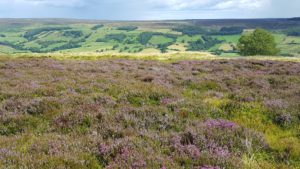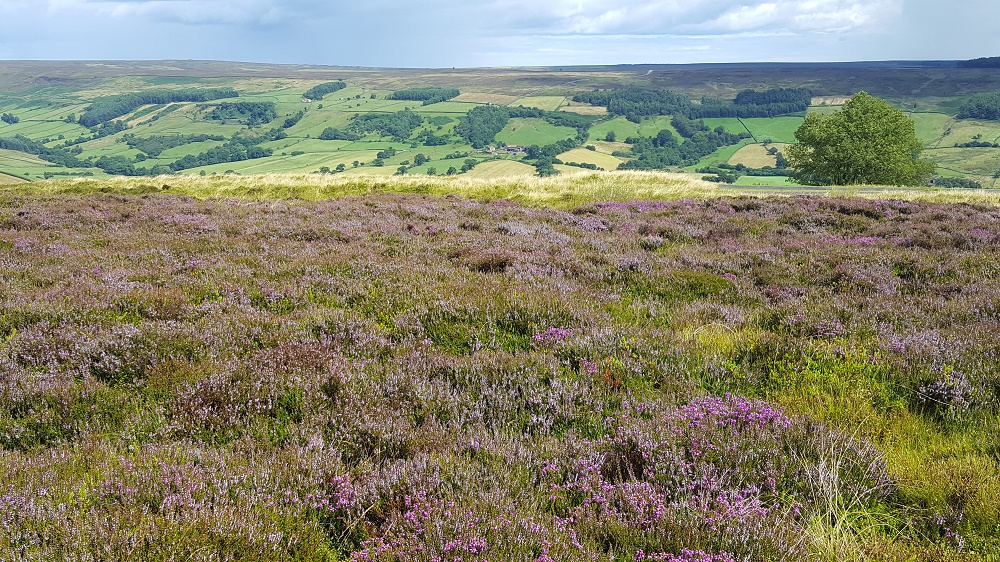 The impact on isolated and fragile rural communities due to the absence of grouse shooting this season should not be underestimated, says BASC.
The impact on isolated and fragile rural communities due to the absence of grouse shooting this season should not be underestimated, says BASC.
And the way in which people who shoot have pulled together to support those affected has been testament to the spirit of the shooting community, the association added as the season draws to a close.
Gareth Dockerty, BASC North East officer, said that as feared at the start of the season, the Beast from the East, followed by the dry spring and hot early summer took its toll on grouse numbers across the North of England meaning many moors either shot fewer days or none at all to ensure that a healthy and sustainable breeding population remained.
He said: “Gamekeepers work extremely hard to provide good conditions for wild grouse to thrive, which also benefits many declining species like the iconic curlew.
“However, some factors are out of their control and the extreme weather conditions of 2018 impacted on the breeding success of many species across the UK including our grouse.
“As can be expected some areas fared better than others and pockets of moors were able to shoot through the season, however, in general the grouse numbers struggled.
“Many grouse moors either shot fewer days or not at all to ensure that a healthy and sustainable breeding population remains across the moors.
“The gamekeepers’ hard work and habitat management continues however, benefitting many native species which depend on grouse moors for their survival and attracting millions of annual visitors to picturesque moorland landscapes.”
Mr Dockerty said the cancellation of shoots has had a direct impact on rural economies. He estimated that each day more than 40 people on a moor were losing a vital income, along with the social interaction of communities and the health and wellbeing benefits of exercising.
“The impact of cancelled shoots stretches much further to local shops and restaurants, pubs and many small businesses who rely on the grouse shooting to survive.
“We are aware of a number of businesses that have been impacted by the lack of grouse shooting this season. The knock-on impact is huge. Shops, hotels and other businesses – many of them small – have lost thousands of pounds in revenue as a direct result of the cancellation of local shoots.”
Mr Dockerty added: “These examples show how shooting is vital to the survival of rural communities, providing valuable income outside of the traditional tourist season. Grouse are a wild bird and fluctuations will naturally occur, fingers crossed we do not witness the extreme weather of 2018 again next year and the grouse population has a chance to recover thus helping business and communities to recover in challenging economic times.”
BASC Scotland director Dr Colin Shedden said that while investment and employment on grouse moors in Scotland has continued as normal, the loss of income had also been felt by moorland owners and supporting businesses such as hotels and restaurants north of the border.
He said: “While some shooting parties took partridge days in September rather than shooting grouse, there was an inevitable reduction in tourism income associated with low grouse numbers.
“We all hope that most grouse populations will recover with a good breeding season in 2019, weather permitting.”
An infographic on the ‘glorious twelve’ benefits of grouse shooting can be found here.
